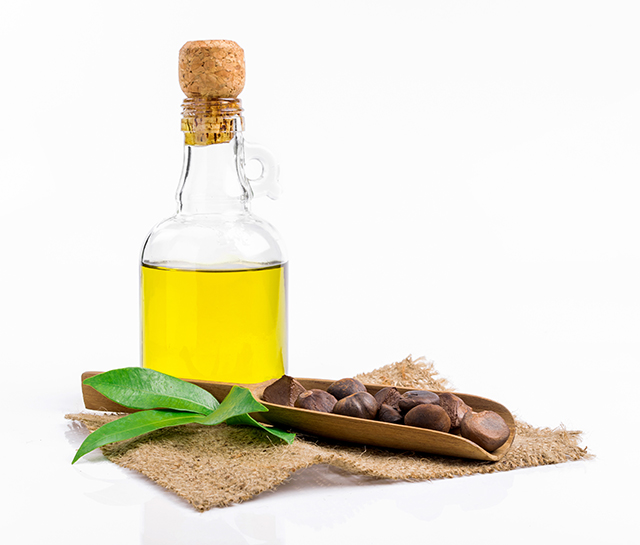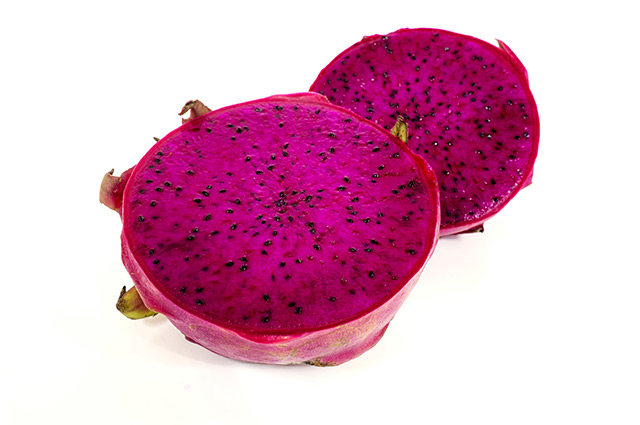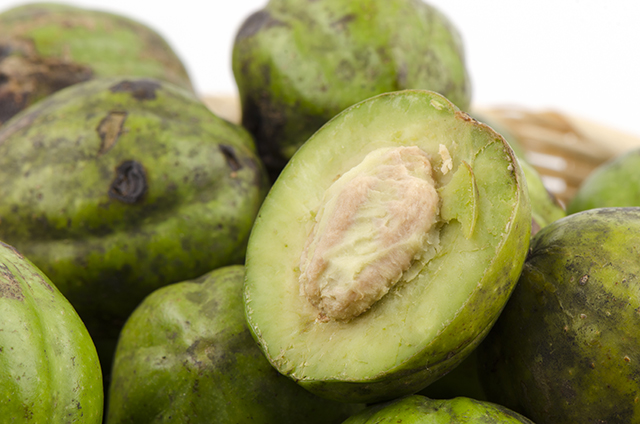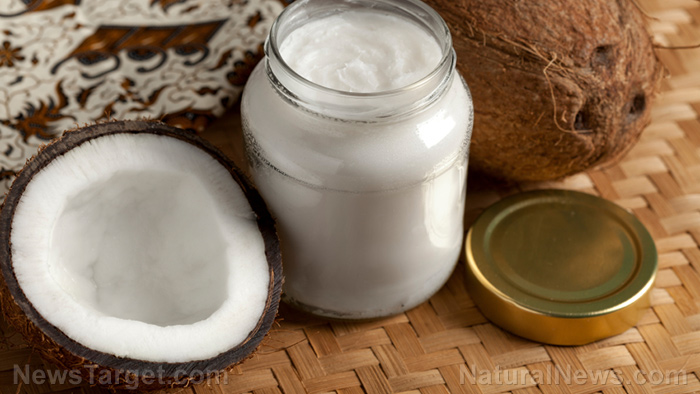Plant-based omega 3s found to improve cholesterol in people with impaired glucose metabolism
08/25/2018 / By Ralph Flores

A team of researchers has discovered that utilizing camelina oil can bring down levels of LDL (bad) cholesterol and overall cholesterol for people with impaired glucose metabolism.
The research broke down the relationship between camelina oil, fatty fish, and lean fish with blood lipid and glucose metabolism and low-grade inflammation. Camelina oil, which comes from a flowering plant known as wild flax, false flax, or linseed, is rich in alpha-linolenic acid (ALA), an omega-3 unsaturated fat commonly found in plants. Previous scientific literature has pointed out the benefits fish protein and long-chain omega-3 unsaturated fats in fish have against cardiovascular diseases. However, there are only a handful of studies that identify the benefits of alpha-linolenic acid on these risk factors.
For the trials, the researchers studied 79 Finnish participants with impaired fasting glucose concentrations. The volunteers ranged between 40 to 72 years of age and were randomly divided into four groups: The camelina oil group; the fatty fish group; the lean fish group; and the control group. The research team then instructed the groups to eat either fatty or lean fish four times a week or take 30 ml of camelina oil each day. The control group only ate fish once a week, and applying camelina oil (or different oils containing alpha-linolenic acid) was precluded. The study was done over a period of 12 weeks.
The results indicated that camelina oil positively affects blood cholesterol levels. This was better than the results posted by fatty or lean fish. In addition, there weren’t any notable changes in glucose metabolism or low-grade inflammation between the groups.
The study, conducted by researchers from the University of Eastern Finland was published in the journal Molecular Nutrition and Food Research.
What is camelina oil?
Camelina oil is extracted from the seeds of Camelina sativa, a plant native to Europe and grows well in cold climates. While production from camelina oil dropped after World War II in favor of high-yielding crops, it has since made a comeback for its notable health benefits:
- It is high in omega-3 fatty acids. Camelina oil is rich in alpha-linolenic acid, which is a different type of omega-3 fatty acid from the ones found in fish. ALA is known to promote heart health, reduce inflammation, and improve the function of the central nervous system. (Related: Can you name the 3 Omega’s? Part 1 – ALA.)
- It has vitamin E. It also contains alpha and gamma tocopherol, which are the two forms of vitamin E. This helps the body fend off free radicals that may damage cells and possibly lead to cancer.
- It controls cholesterol. Studies have shown that people who use camelina oil have reduced cholesterol levels compared to other oils.
- It’s great for cooking. Camelina oil has a high smoke point (246 degrees Celsius), which means that it burns at a higher temperature – ensuring that no chemical byproducts from burnt oil go into your food.
- It has great skin benefits. The oil acts as a great skin moisturizer. It can also be applied topically as a massage oil, to get the same vitamin E and ALA benefits on your skin. You can also work it on your scalp to get rid of excess dandruff or flakiness.
Aside from human consumption, camelina oil is now being studied for other uses – most notable of which is biodiesel and animal feed. While this renewed commercial interest for camelina could possibly open other uses for the plant in medicine, it’s always best to look for natural varieties of the oil.
To learn more about how to use herbs to protect your body from disease, go to Herbs.news today.
Sources include:
Tagged Under:



















